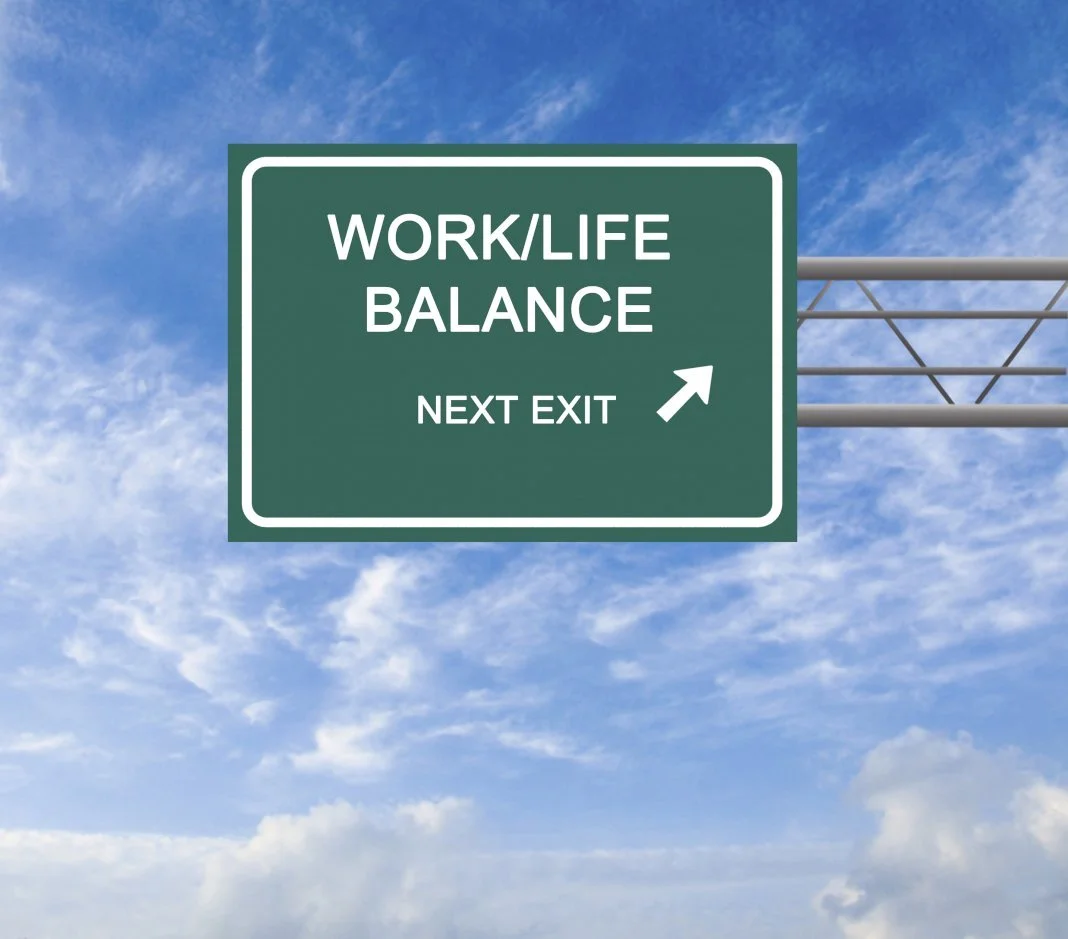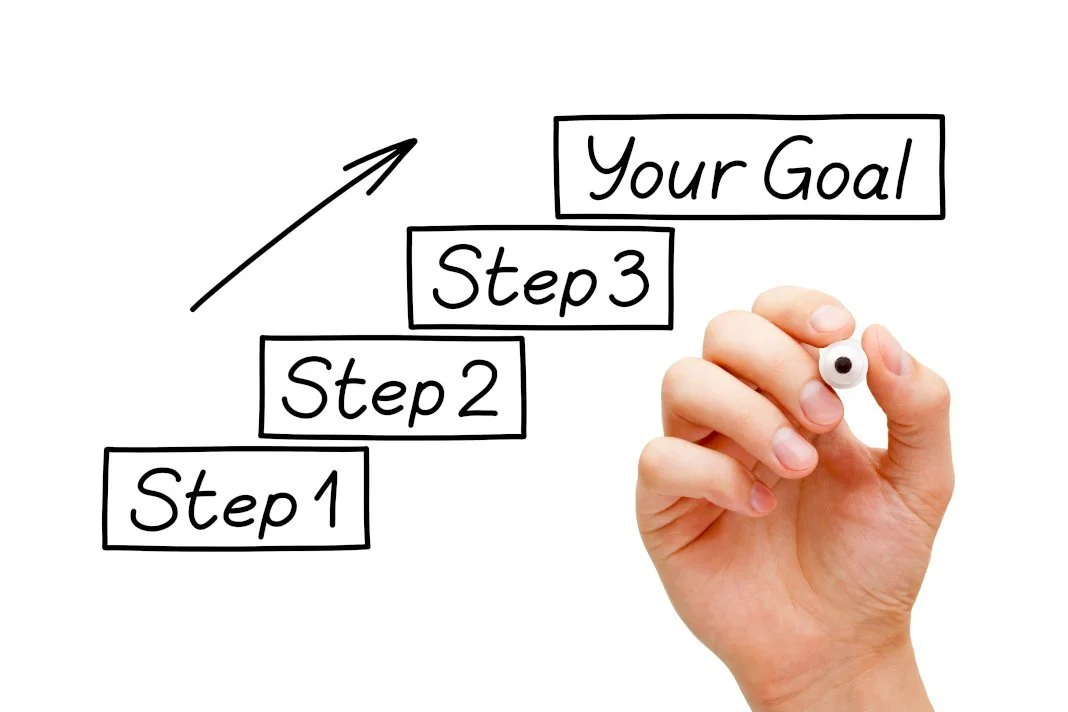Set clear boundaries between work and personal life to have a better work-life balance.
Learn to say no when necessary to manage your commitments and reclaim time for yourself.
Prioritize self-care activities such as massage, cosmetic treatments, socializing and nature walks to reduce stress and maintain well-being.
Set realistic goals and deadlines to avoid overworking and burnout.
Take regular breaks throughout the day to avoid work and technology distractions.
In the hustle and bustle of modern life, achieving a healthy work-life balance has become a paramount concern. As you strive to excel in your career, personal life, and relationships, it's easy to get overwhelmed and neglect your well-being. However, finding the right equilibrium between your professional and personal commitments is crucial for your physical and mental health, happiness, and productivity. This guide will explore five essential tips to help you achieve a healthy work-life balance, enabling you to lead a more fulfilling and harmonious life.
1. Set Clear Boundaries
Maintaining a healthy work-life balance starts with setting clear boundaries between work and personal life. Establishing designated working hours and sticking to them as closely as possible is essential. Inform your colleagues and superiors about your preferred work schedule, and avoid responding to work-related emails or calls outside those hours.
Similarly, when you're with your family or engaged in personal activities, ensure you are mentally present and not preoccupied with work-related thoughts. If possible, create a physical separation between your workspace and living space to avoid distractions during leisure time.
2. Learn to Say No
In today's fast-paced world, the fear of missing out or the desire to please others can lead to an overload of commitments. Learning to say no, when necessary is vital to achieving a healthy work-life balance. Understand that it's okay to decline additional work projects or social invitations if they interfere with your well-being or time with loved ones.
Evaluate your existing responsibilities and priorities before taking on new tasks. By respectfully declining or renegotiating certain commitments, you can reclaim precious time for yourself and maintain a more balanced lifestyle.
3. Prioritize Self-Care
Among the hustle and numerous obligations, it's crucial to dedicate time to self-care. Prioritizing your well-being is not selfish; it's essential to a healthy work-life balance. Make time for activities that nourish your mind, body, and soul.
Here are some self-care activities to consider:
Massage
Treat yourself to a massage and let your body relax. Massage increases circulation, relieves muscle tension, reduces stress, and boosts the immune system. If you can't afford a professional massage therapist, try using an inflatable massage machine at home or book a session with an online masseuse.
Cosmetic Treatments
It's also important to prioritize cosmetic treatments as part of your self-care to make you feel confident. Non-invasive belly fat reduction, for instance, can help you look and feel your best. This safe and effective treatment is a great option for slimming down stubborn areas without surgery or taking time away from work. It uses advanced technology such as ultrasound and radiofrequency energy to target and eliminate excess fat cells in the midsection.
Socializing
Spending time with friends or family is an enjoyable way of relieving stress. Connecting with others allows you to express feelings that cannot be expressed at work. It also helps build meaningful relationships, which can provide emotional support during difficult times.
Hobbies
Taking the time out to do something you love can also be a great way to de-stress. For instance, spending time reading, playing a game of online solitaire, listening to music, or going on walks can be extremely calming and therapeutic. It can give you enough me-time and let you spend time with your thoughts uninterrupted.
Nature Walks
Get out into nature for fresh air by taking a leisurely stroll or hiking on trails near your home. Enjoy the beauty of nature, and take in the sights, smells, and sounds. Nature walks can help clear your mind of negative thoughts and boost your energy levels. Not only is this a great way to escape from stressors, but it's also an excellent form of low-impact exercise! So put on your walking shoes and get outside!
4. Set Realistic Goals and Deadlines
Setting realistic goals and deadlines can significantly impact your work-life balance. Unrealistic expectations and excessive workloads can lead to burnout and a diminished personal life. Break down your tasks into manageable chunks and allocate sufficient time for each.
Communicate with your colleagues or superiors if you find yourself overwhelmed with deadlines. A healthy work environment encourages open communication, and by discussing your workload, you can collectively find ways to distribute tasks more effectively.
5. Learn to Unplug
In today's digital age, you are constantly bombarded with notifications and information, making it challenging to switch off from work. To achieve a healthier work-life balance, practice the art of unplugging regularly.
Designate specific periods during the day to disconnect from your devices. Avoid checking work emails or engaging in work-related discussions during your personal time. Use your time away from screens to bond with your family, indulge in hobbies, or simply relax without any external distractions.
In Closing
A healthy work-life balance is essential for your overall well-being and happiness. You can achieve a more harmonious and fulfilling life by setting clear boundaries, learning to say no, prioritizing self-care, setting realistic goals, and unplugging regularly. Remember, finding the right balance is a continuous journey that requires self-awareness, discipline, and a willingness to make changes when necessary. Implementing these five tips can pave the way for more satisfying and rewarding work and personal life.




